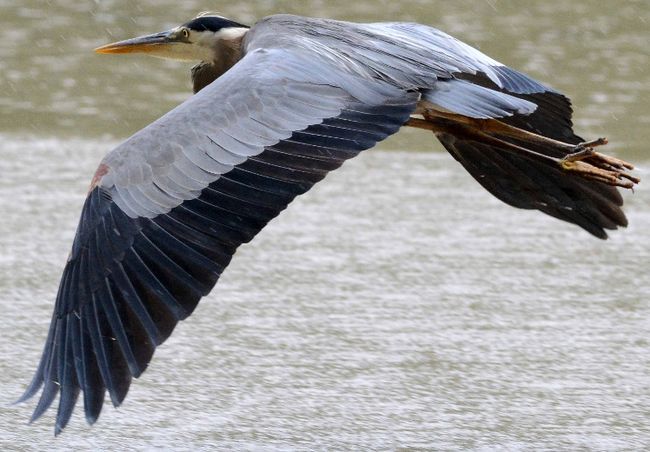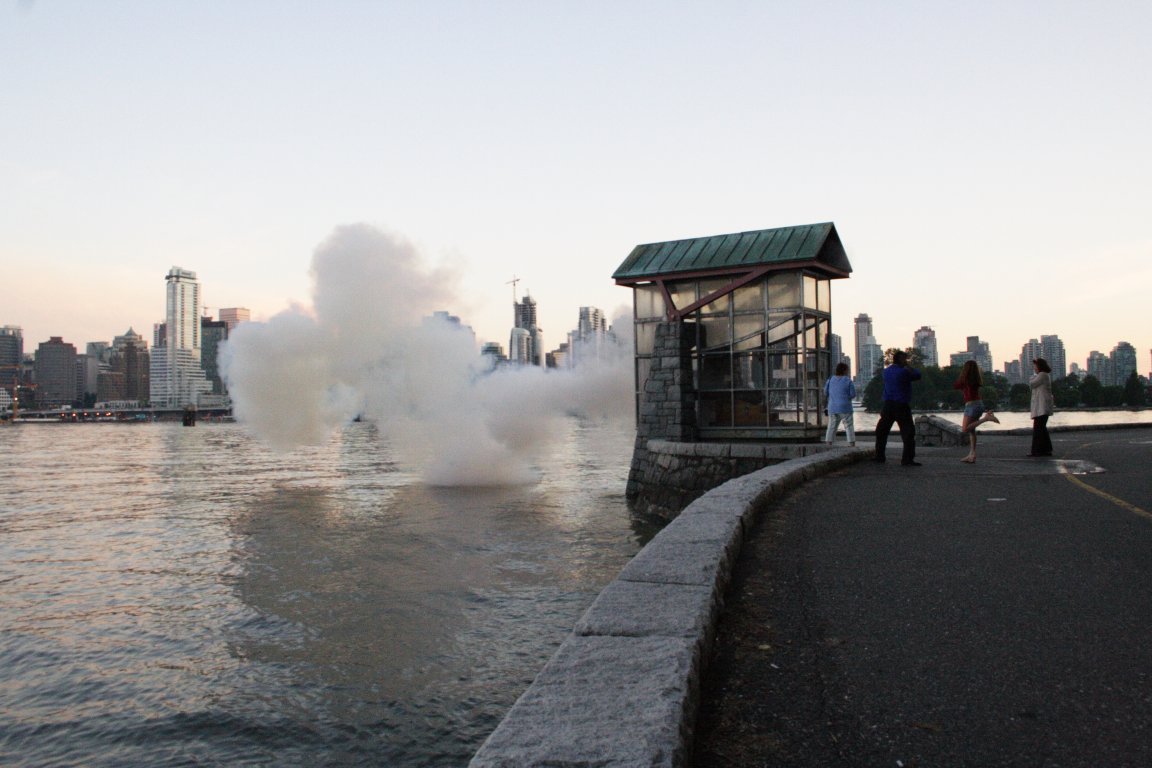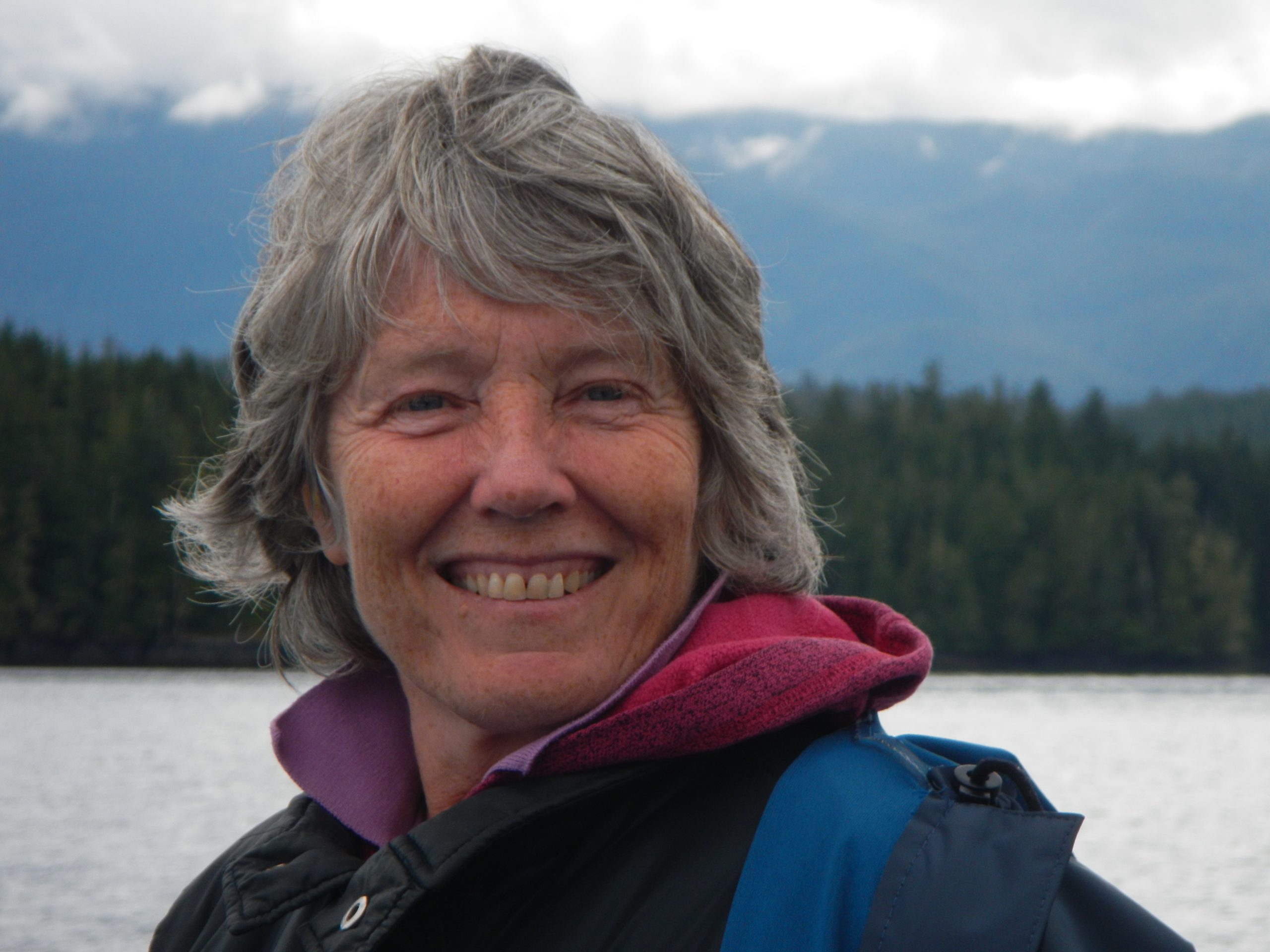Ever since its founding, Vancouver has been a brash city of big dreams, rough ambition, and industrial sounds — a noisy, sprawling brat of a frontier town. It’s fitting we mark noon every day with the triumphal blast of a ship’s horn, and sound the “all’s well” at nine o’clock every night with the boom of a colonial cannon.
The founders had big dreams for the city of Vancouver, building some of the tallest buildings in the British Empire at a time the city was not much more than the small-town terminus of the national railway — the Sun Tower and Dominion Building at the beginning of the 20th Century, and the Electra Building fifty years later, from which those raucous noontime Heritage Horns first sounded.

I revel in being able to hear so many of the iconic sounds of this city from my apartment balcony — those horns at noontime, and the Nine-O’Clock Gun at night; the industrious sound of seaplanes taking off from the Inner Harbour, and the mournful sound of the trains’ trombone-like horns as they shunt cars in the railyards downtown at night; sometimes we can hear the plaintive, bovine lowing of fog horns resounding through the mist from the big ocean-going freighters at anchor in English Bay.
And this time of year, of course, as the trees begin to re-adorn themselves with leaves, we are suddenly inundated with the glorious cacophony of birdsong. From March through July we also hear the demonic barking and growling of the blue herons, interspersed with the high-pitched wittering of the eagles that prey on their nests. The crows, too, become more raucous this time of year, often as they’re chasing away one of those eagles, or when they spot a racoon; and the seagulls’ cries become more plaintive, urgent, and melodramatic, making their antics all the more comic.

As the weather warms and April’s rains begin to recede, we start to hear the calming, repetitive thwoks emanating from the tennis courts in Stanley Park, and the familiar plodding clop of the police horses of the VPD’s Mounted Unit as they progress down Chilco Street towards the seawall.
The soundscape of the city is seasonal, and constantly shifting with the time of day and the days of the week. The reason I’m so aware of the acoustic ecology around me is because more than fifty years ago, in 1965, a composer named R. Murray Schafer came to Simon Fraser University, and over a musically revolutionary decade established the World Soundscape Project.
One of the most gifted young people working with Schafer at that time, and one of the leading proponents of that school today, is Hildegard Westerkamp. Hildegard was an associate of R. Murray Schafer in the early stages of the World Soundscape Project, along with Barry Truax, Peter Huse, Bruce Davis, and the late Howard Broomfield.

Hildegard has continued her work in this area, notably through the Soundwalking series of radio programs she created for Vancouver Co-operative Radio in the late 1970s, then going on to found the World Forum for Acoustic Ecology. A later collaboration with Vancouver New Music led to the creation of the Vancouver Soundwalk Collective, within which she has mentored a number of younger composers, sound designers, soundwalk leaders, and people pursuing careers in soundscape studies and acoustic ecology.
Internationally recognized for her groundbreaking explorations and iconoclastic, playful creativity, we are delighted to celebrate this remarkable, and truly iconic, Vancouver composer with a Sold-Out Birthday Celebration this Friday, April 6 at 7pm in the Murray Adaskin Salon.
Even if you can’t be at the performance this Friday, I hope that you, too, In the spirit of R. Murray Schafer, can open yourself to listen more mindfully, to experience in a more meaningful way the acoustic ecology that surrounds you — to discover and curate your own personal Vancouver soundscape.

